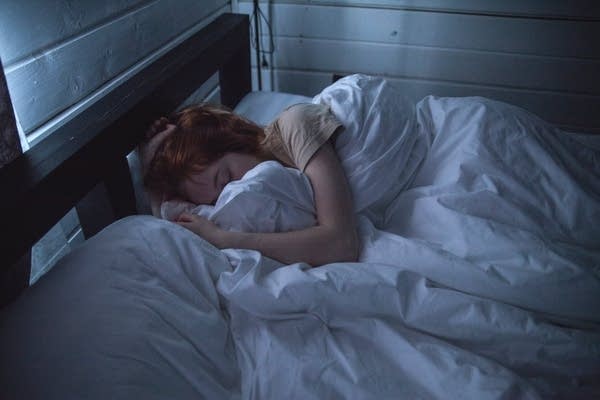Neuroscientist shares his tips for getting more sleep

A woman asleep in bed.
Ivan Oboleninov via PexelsGo Deeper.
Create an account or log in to save stories.
Like this?
Thanks for liking this story! We have added it to a list of your favorite stories.


